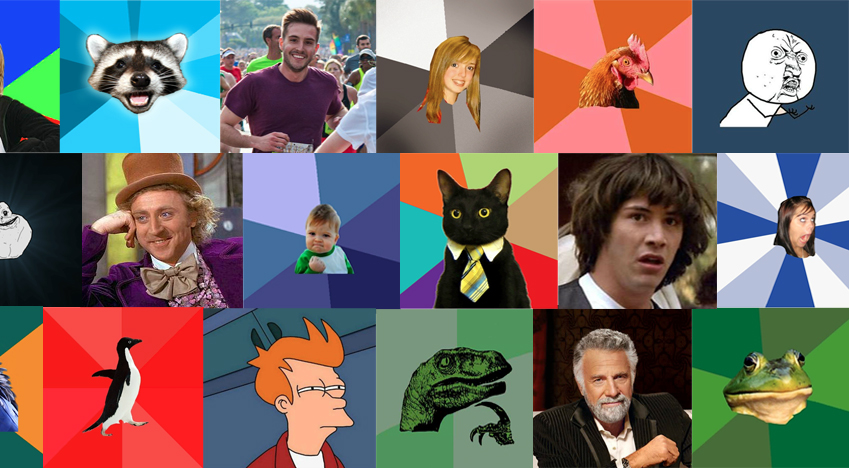Coming Clean on the Creative Process
Some “unproductive” habits might be anything but.
I have a habit of standing too long in the shower. Done washing, just standing there, zoned out. Mind blank. Accomplishing nothing. Not only am I wasting water, I’m making myself late for work.
It’s a bad habit. Or is it?
Turns out, it’s just one of the quirky (and seemingly unproductive) habits that might actually help my performance at work.
Creativity—It’s not just for “creatives” any more.
Since I deal in words and pictures, my job traditionally falls into the “creative” realm. But today’s business challenges make creative problem solving an essential skill for people in all corners of the org chart. In a 2010 survey conducted by IBM, 1,500 CEOs ranked creativity as the trait most essential for future business success.
Step 1: Be creative. Step 2: Devise brilliant solution.
While there’s an increasing need for creative problem solving, creativity is a notoriously elusive skill to cultivate. It doesn’t parse neatly into definable steps. When people ask me where my ideas come from, my mind clanks and whirrs about the acceptability of the answer. (Staring into space? Doodling? An inability to focus accompanied by frequent snack breaks?)
Truth is, good ideas don’t always come when you call them. They’re elusive little suckers that hide in the unlikeliest of places. And in order to find them, science is suggesting that we might have to stop looking so hard.
Wanted: Groggy, unfocused problem-solver
In a study published last year, researchers reported that, “imaginative insights are most likely to come to us when we’re groggy and unfocused.” Last time I checked, those traits don’t go over well in the office.
The pressure to do more with less means we’re all working to squeeze the most out of every minute. Yet, as Time columnist Annie Murphy Paul points out, habits like rushing out of bed and into the shower (lather, rinse, rehearse for client meeting), gritting our teeth through the morning gridlock, and bathing our brains in a daily dose of negative news “run exactly counter to the conditions that neuroscientists and cognitive psychologists tell us promote flexible, open-minded thinking.”
Shower Power
In a daily routine designed to prime our brains for flexible, open minded thinking, says Paul, “we’d stand a little longer in the warm water of the shower, dismissing task-oriented thoughts…in favor of a few more minutes of mental dilation.”
Much like those 3D pictures where staring with unfocused eyes reveals a hidden image, sometimes a broader, less laser-like focus can result in new and valuable insights. (Full disclosure: I can never make those pictures work. Nobody said this stuff was easy!)
Noodle & Doodle
The good news is there are a lot of simple ways to foster creativity. The bad news is they look an awful lot like goofing off.
- Lingering in bed a little longer gives you time to absorb and record those sleep-inspired insights.
- Doodling can help you absorb and process information more deeply.
- Chatting up your co-workers can bring in new ideas and other points of view, spurring unexpected connections that lead to creative breakthroughs.
- Taking a walk can help get your blood, and ideas, flowing. A simple change of location can help you look at things differently, too.
- Even YouTube—the quintessential time waster—can be beneficial. Studies show that a “short, humorous video” actually boosts activity in the area of the brain where creative insights are born.
Relax Responsibly
Of course, none of this is a license to loaf. The day-to-day work of creative people “consists mostly of sweat and failure,” says author Jonah Lehrer. “It’s the red pen on the page and the discarded sketch, the trashed prototype and the failed first draft.” As with any job, there is no substitute for hard work.
The trick is to learn the fine art of focus. Knowing when it makes sense to zero in and push through, and when it might be more productive to step back and stop trying so hard.
Now, if you’ll excuse me, I think it’s time for a shower.





